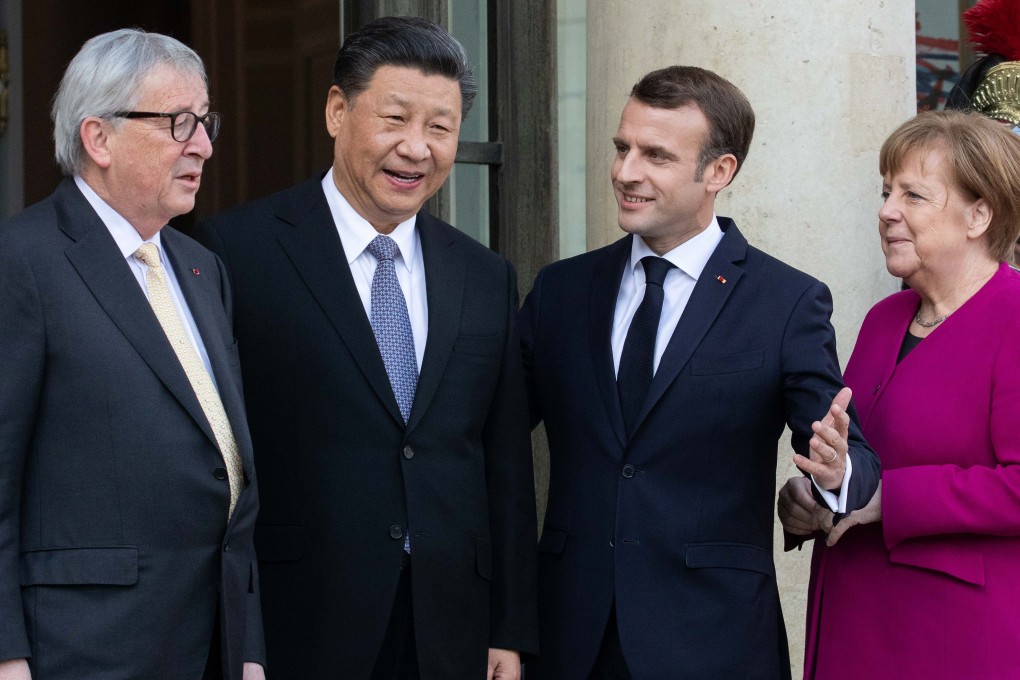Opinion | How to make the most of China’s accidental rise as a European power
- Brussels has misread Beijing’s global aspirations – there is no grand plan behind Chinese acquisitions of European assets
- But, as China becomes a stakeholder in Europe, the continent should adopt a pragmatic strategy to profit from this

Of all the factors that explain European wariness, the underlying one is the realisation that China is here to stay. What is peculiar, however, is that China’s rise as a power in Europe came by accident, rather than design.
In 1995, Richard Holbrooke – the then US assistant secretary of state for European affairs – called America a European power. His observation rested on, among other things, the fact that president Bill Clinton had made four trips to the continent the year before.
Yet, while the US can point to significant historical, economic and cultural entanglements with Europe, China seems to be an interloper. After the second world war, the US made commitments to Europe’s economic recovery through the Marshall Plan, and to its security through Nato.


